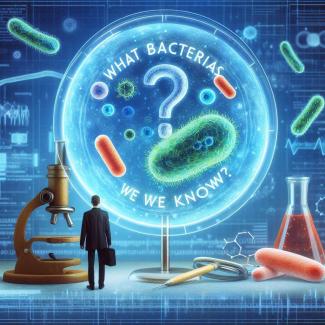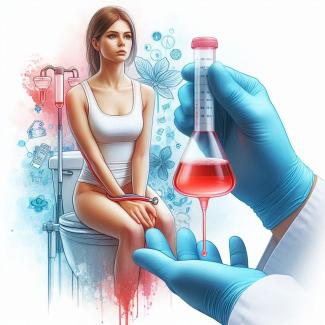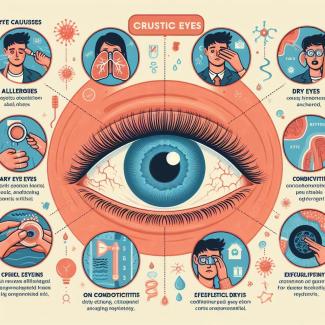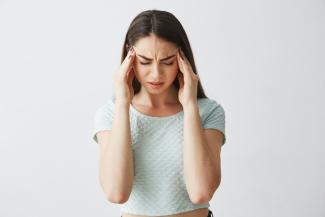
Headaches can have various causes, and their origins can vary depending on the type of headache. The most common types of headaches include tension headaches, migraine headaches, and cluster headaches. Here's a brief overview of the real causes of these types of headaches:
- Tension Headaches:
- Muscle Tension: Tension headaches often result from muscle tension in the neck, shoulders, and scalp. Stress, anxiety, poor posture, or physical strain can lead to muscle tension, which can then cause a headache.
- Migraine Headaches:
- Neurological Factors: Migraines are believed to be primarily a neurological disorder. They involve abnormal brain activity, such as changes in blood flow and neurotransmitter levels. The exact cause is not fully understood, but genetic and environmental factors play a role. Triggers for migraines can include certain foods, hormonal changes, sensory stimuli, and stress.
- Cluster Headaches:
- Hypothalamus Dysfunction: Cluster headaches are a rare but intensely painful type of headache. They are thought to be related to dysfunction in the hypothalamus, a part of the brain. The exact cause is not clear, but they are often linked to patterns and triggers like alcohol consumption and changes in sleep patterns.
- Sinus Headaches:
- Sinus Infections or Inflammation: Sinus headaches are often caused by sinus infections or inflammation. When the sinuses become blocked or infected, they can cause pain and pressure in the forehead, cheeks, and around the eyes.
- Rebound Headaches:
- Medication Overuse: Sometimes, headaches can result from the overuse of pain relievers. This is known as a rebound headache, and it occurs when the medication that was initially taken to relieve a headache causes more headaches when its effects wear off.
- Other Causes:
- Dehydration: Dehydration can lead to headaches as it reduces the flow of blood and oxygen to the brain.
- Caffeine Withdrawal: Some people may experience headaches when they suddenly reduce or stop their caffeine intake.
- Weather Changes: Sudden changes in weather or atmospheric pressure can trigger headaches in some individuals.
- Hormonal Changes: Hormonal fluctuations, such as those occurring during the menstrual cycle, pregnancy, or menopause, can trigger headaches in some people.
It's important to note that the specific cause of a headache can vary from person to person, and identifying the cause may require medical evaluation. Keeping a headache diary can be helpful for tracking potential triggers and patterns, and consulting a healthcare professional can provide guidance on managing and treating headaches effectively. If you experience severe, persistent, or unusual headaches, it's important to seek medical advice.






